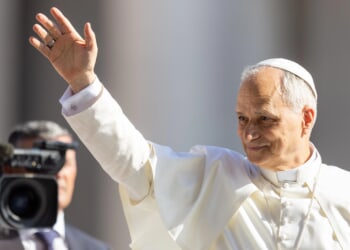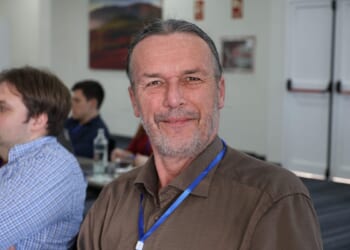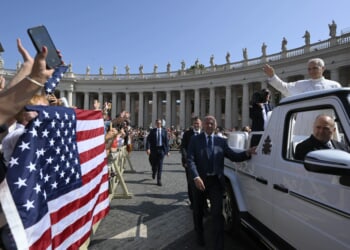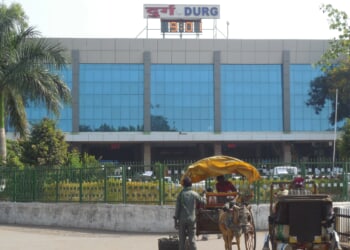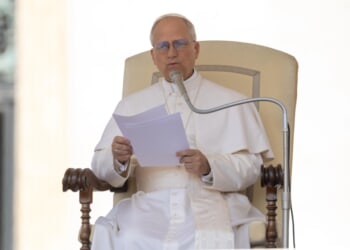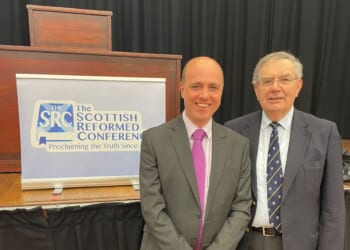ACI Prensa Staff, Aug 21, 2025 /
16:15 pm
Pope Leo XIV called for “faith, hope, and charity to be translated into a great cultural conversion” in a message for the Meeting for Friendship Among Peoples, which will be held in Rimini, Italy, in the coming days.
The Meeting for Friendship Among Peoples, launched in 1980, offers an extensive program of activities (political, economic, cultural, etc.) that brings thousands of people from various religions and walks of life each year during the last week of August to the town of Rimini on Italy’s Adriatic coast.
The initiative was inspired by what Luigi Giussani, founder of the ecclesisal movement known as Communion and Liberation, calls the elemental experience, an innate desire for truth, beauty, and justice present in the heart of every human being and which constitutes the basis for dialogue and encounter between people of different faiths and cultures.
“Deserts are generally places that are rejected and considered unsuitable for life. And yet there, where it seems that nothing can be born, the sacred Scripture continually returns to narrate God’s passages,” the pope explained in the beginning of a letter sent Aug. 11 to Bishop Nicolò Anselmi of Rimini.
Thus, the people of God are born in the desert, where it is “through its harshness that the choice for freedom matures,” with the help of God who “transforms the desert into a place of love and decisions, makes it flourish like a garden of hope.”
The pope also noted that the prophets point to this arid environment “as the scene for a betrothal, to return to every time the heart grows lukewarm, to restart from God’s faithfulness,”and which has been inhabited by monks and nuns “on behalf of all of us, representing all of humanity, with the Lord of silence and of life.”
From the extensive program prepared for this meeting, Leo XIV particularly appreciated one of the expositions dedicated to the martyrs of Algeria.
“In them shines forth the Church’s vocation to dwell in the desert in deep communion with all humanity, overcoming the walls of indifference that set religions and cultures against one another, in full imitation of the movement of the Incarnation and giving of the Son of God.”
He explained that this “is the true path of mission. Not self-exhibition, in the contraposition of identities, but self-giving to the point of martyrdom of those who, day and night, in joy and amid tribulations, worship Jesus alone as Lord.”
Importance of dialogue
One of the hallmarks of the Rimini meeting is fostering spaces for dialogue between people: believers of various religions and atheists, and also between Christians with different sensibilities.
For Leo XIV, “these are important listening exercises, which prepare the ‘new stones’ with which to build the future that God already has in store for everyone, but which only unfolds when we welcome one another.”
“We can no longer afford to resist the kingdom of God, which is a kingdom of peace. And where those responsible for state and international institutions seem unable to enforce the rule of law, mediation and dialogue, religious communities and civil society must dare to be prophetic,” the pontiff emphasized.
This means “allowing ourselves to be driven into the desert and seeing now what can be born from the rubble and from so much, too much innocent suffering,” he added.
Leo XIV recalled that “God chose the humble, the small, the powerless, and from the womb of the Virgin Mary, made himself one of them, in order to inscribe his story in our history” such that “without the victims of history, without those who hunger and thirst for justice, without peacemakers, without widows and orphans, without the young and the elderly, without migrants and refugees, without the cry of all creation, we will not have new stones” to build the future.
“Denying the voices of others and giving up on understanding one another are failed and dehumanizing experiences. They must be opposed by the patience of encountering an ever-other Mystery, of which the difference of each person is a sign,” the pontiff pointed out, reiterating that the “unarmed and disarming” presence of Christians in contemporary society must translate “with skill and imagination, the Gospel of the kingdom into forms of development that provide alternatives to paths of growth without equity and sustainability.”
(Story continues below)
Subscribe to our daily newsletter
The pope emphasized: “A faith that is estranged from the desertification of the world or that indirectly contributes to tolerating it would no longer be following Jesus Christ.”
Regarding the digital revolution, he warned against the risk of “accentuating discrimination and conflict: It must therefore be inhabited with the creativity of those who, obeying the Holy Spirit, are no longer slaves but children.”
“Then the desert becomes a garden and the ‘city of God,’ foretold by the saints, transfigures our desolate places,” he noted.
This story was first published by ACI Prensa, CNA’s Spanish-language news partner. It has been translated and adapted by CNA.




